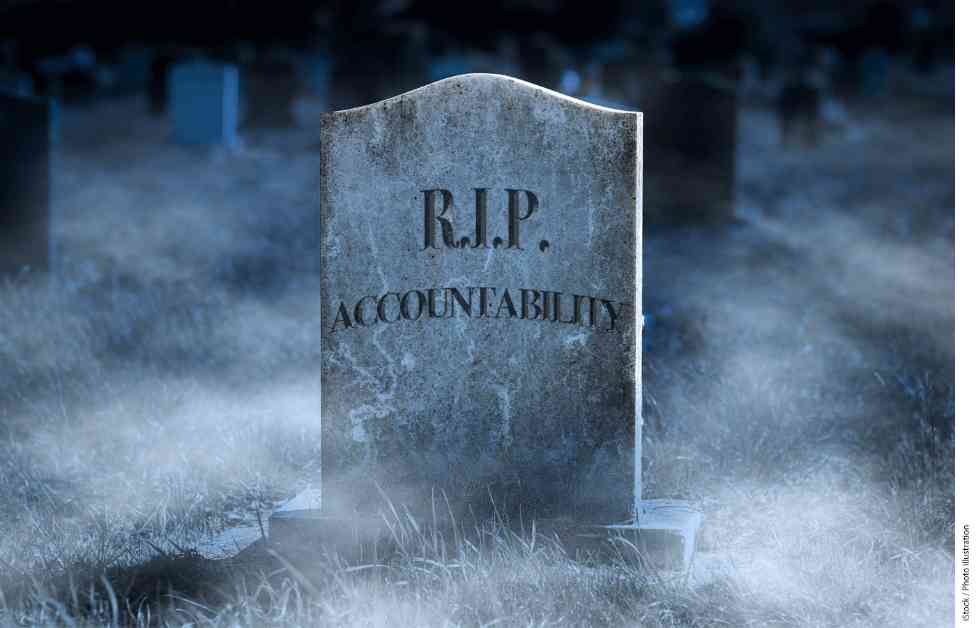School accountability used to be a big deal. It was seen as crucial for student achievement and ensuring that teachers were doing their jobs properly. Political parties like the Republicans and Democrats used to push for strong accountability measures in schools, tying student success to standardized test scores. However, in recent years, the focus on accountability has waned.
Both parties have shifted their priorities, with accountability barely getting a mention in their education platforms. The Democrats, for example, are now focusing on initiatives like free preschool for four-year-olds and increased funding for Pell Grants. While these programs have their merits, they don’t directly address the issue of improving student achievement.
The lack of emphasis on accountability is concerning, especially in light of the learning losses students have experienced due to the pandemic. Research has shown that despite significant investments in education, student achievement levels have not seen a significant improvement. This raises questions about the effectiveness of current education funding strategies.
One area where accountability is still being discussed is in relation to charter schools. The Democrats’ platform promises to increase transparency and accountability for charter schools, holding them to the same standards as public schools. While this is a step in the right direction, more needs to be done to ensure that all schools are held accountable for student outcomes.
In Massachusetts, there is a proposal to eliminate the high school graduation exam, which has been a key accountability measure in the state since 1998. If this initiative is approved, it could have far-reaching implications for accountability in education.
Overall, the decline of accountability in education is a concerning trend. Without strong accountability measures in place, it’s difficult to ensure that students are receiving a quality education and that teachers are held to high standards. As we move forward, it’s important to reevaluate our priorities and consider how we can bring accountability back to the forefront of the education reform agenda.



